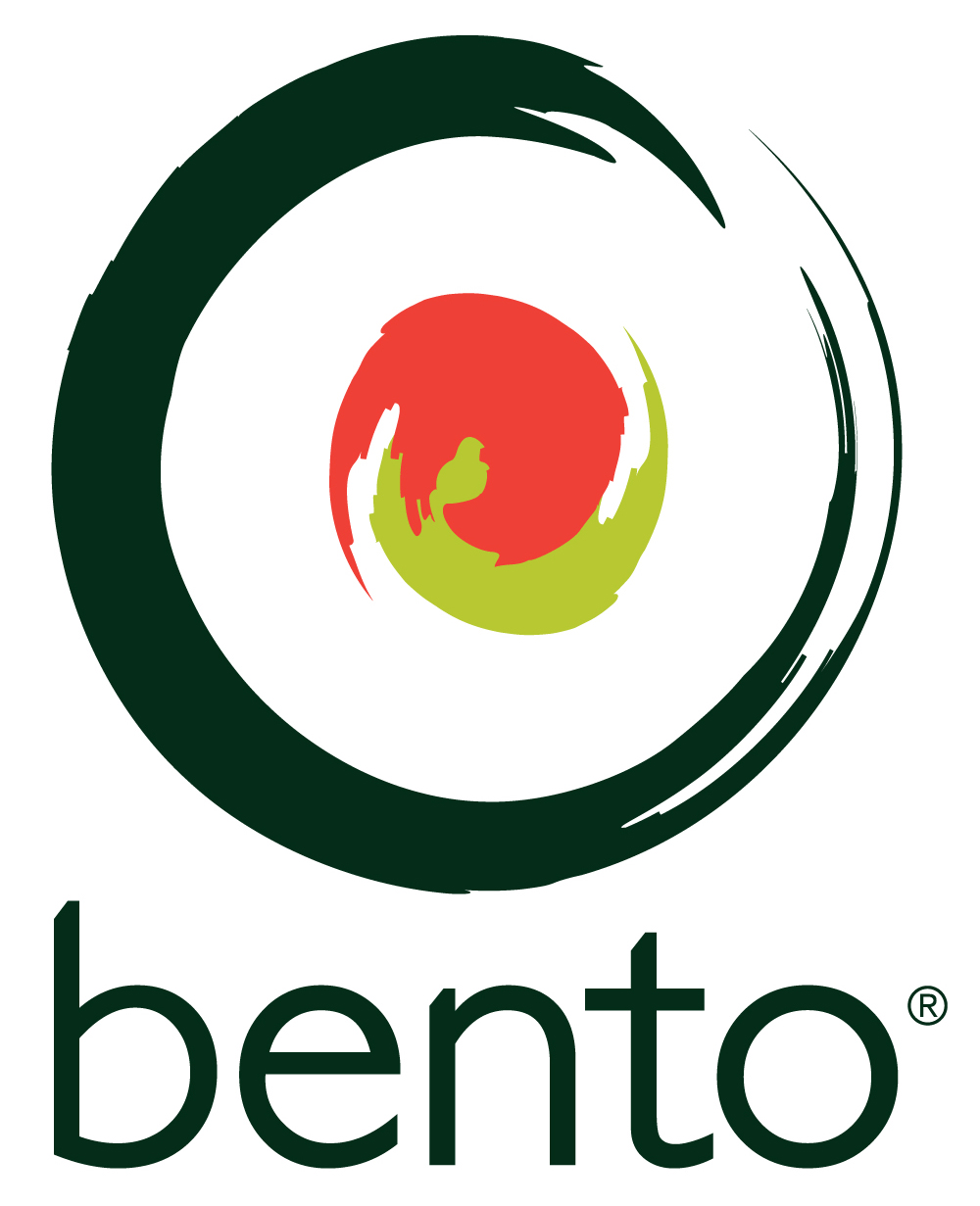Franchising is a popular pathway to entrepreneurship in Canada, offering individuals the opportunity to own and operate businesses with the support of established brands. However, the franchising industry comes with its own language, and understanding the terminology is essential for anyone considering this business model. For prospective franchisees, unfamiliar terms in franchise agreements and discussions can be overwhelming. By breaking down the most common franchising terms, Canadian entrepreneurs can approach the process with greater confidence and clarity, ensuring they make informed decisions about their investment.
Franchise Agreement
The franchise agreement is the legally binding contract between the franchisor and the franchisee. It outlines the rights, responsibilities, and obligations of both parties. This includes details such as territory, fees, training, operational standards, and duration of the agreement. In Canada, the franchise agreement is central to the business relationship, and prospective franchisees are strongly encouraged to review it with legal counsel. Understanding this document is crucial, as it defines how the business must be operated and what support will be provided.
Franchise Fee
The franchise fee is an upfront, one-time payment that the franchisee makes to the franchisor in exchange for the right to operate under the brand name. This fee often covers initial training, support, and access to proprietary systems. In Canada, franchise fees vary widely depending on the brand, industry, and market presence. Recognizing the difference between the franchise fee and ongoing fees is important for accurately calculating the investment required.
Royalties
Royalties are ongoing payments made by the franchisee to the franchisor, usually calculated as a percentage of gross sales. These fees support continued access to the franchisor’s systems, brand, and support services. In Canada, royalty structures differ among franchise systems, with some also charging flat fees. Understanding how royalties are calculated and paid is essential for assessing long-term profitability.
Territory
Territory refers to the specific geographic area granted to a franchisee where they can operate their franchise. Exclusive territories mean that no other franchise locations from the same brand will operate in that area. Non-exclusive territories allow for more flexibility on the franchisor’s side. For Canadian franchisees, territory is particularly important given the country’s vast geography and varied local markets. Having clarity about territory helps protect the franchisee’s ability to grow and compete effectively.
Marketing Fund
Most franchises require contributions to a marketing or advertising fund. These pooled resources are used to promote the brand nationally, regionally, or locally. In Canada, contributions to the marketing fund are typically mandatory and outlined in the franchise agreement. While franchisees may have little control over how the fund is spent, they benefit from large-scale campaigns that would be difficult to execute independently. Understanding how contributions are calculated and used is important for transparency and trust.
Training and Support
Training and support refer to the resources franchisors provide to help franchisees operate successfully. This may include initial training before opening, ongoing education, operational manuals, and field support visits. In Canada, where franchise systems are diverse and regulated differently across provinces, training and support are essential to ensuring consistency and compliance. Prospective franchisees should understand exactly what level of assistance they will receive before committing to a system.
Conclusion
Understanding common franchising terms is essential for Canadian entrepreneurs entering the industry. Words like franchise agreement, franchise fee, royalties, territory, marketing fund, and training all carry significant weight in defining the relationship between franchisor and franchisee. By familiarizing themselves with these concepts, prospective franchisees can make informed decisions and avoid misunderstandings that could impact their success. Ultimately, knowledge of franchising terminology empowers entrepreneurs to navigate the Canadian franchise landscape with confidence, laying the groundwork for a stronger and more successful business journey.









